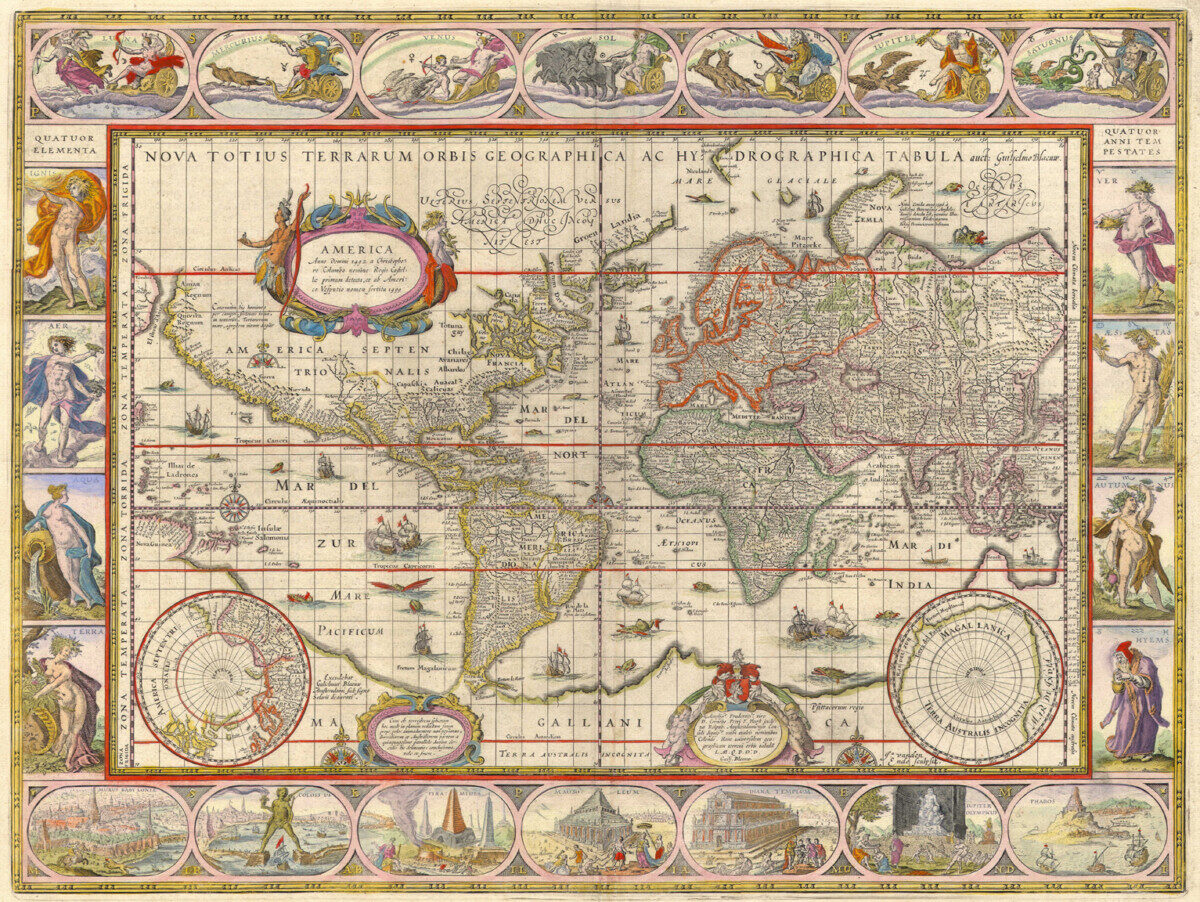I do not typically watch historical films, so I did not have any specific expectation before watching The Mission. However, my experience of watching the film is very different from reading an essay on Jesuit missions. When I was reading a scholarly work, I felt the contents very distant from me, as if the piece was talking about another world. On the other hand, when I was watching a film based on historical events, I could relate to the protagonist more easily and their experience felt more personal to me. Instead of overlooking the development of Spanish missions in the New World as a whole, I followed the story of a particular missionary and thus learned about the period from his perspective.
I think films can be a powerful public humanities tool when exploited properly. As I have discussed before, not only can audience relate to the historical events more passionately, but more importantly, since films are more enjoyable than academic essays for the general public, the medium can reach to and enlighten a broader audience. However, I also have a few concerns for using films as an educational tool. Films are not as rigorous and sophisticated as papers, and many details are based exclusively on the production team’s interpretation. Thus, it is highly likely that they contain incorrect or unverified information that misleads the audience. Additionally, since films typically focus on the story of a few main characters, history referred from such limited views tend to be biased. For example, a film that sets missionaries as the protagonists would receive different reactions from another that focuses mainly on the indigenous people. It is the responsibility of the film production teams to ensure that their works bring accurate and unbiased information to their audience.
